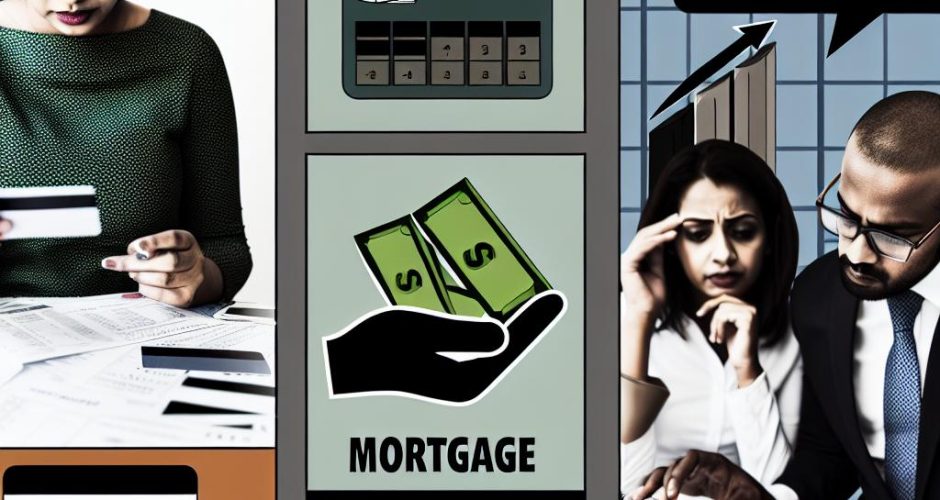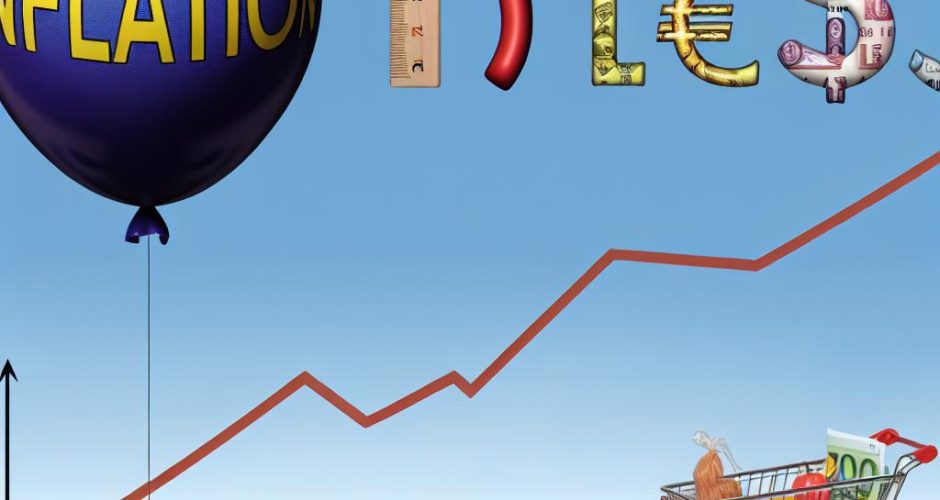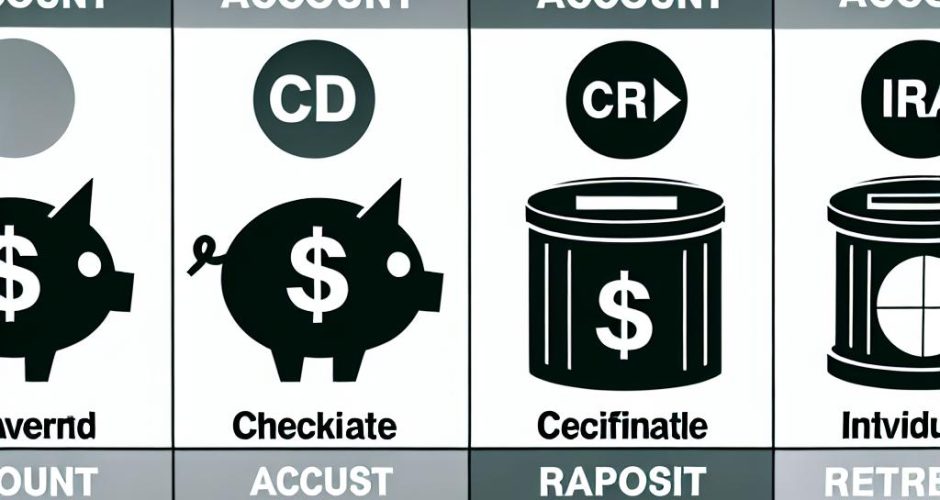Understanding Debt Management
Managing debt is a crucial aspect of financial health that involves maintaining a balance between borrowing and repayment to ensure financial stability. Effective debt management is about using present resources wisely to prevent default and long-term financial problems. Here, we focus on three common types of debt: credit cards, loans, and mortgages. By understanding the intricacies of these types of debt, individuals can make informed decisions that support their financial well-being and future goals.
Credit Cards
Credit cards provide an accessible method for purchasing items on credit, offering users convenience. They allow for flexible spending and can be a valuable tool if used with discipline. However, credit cards often come with high interest rates, which can lead to substantial and hard-to-manage debt if balances are not paid in full every month.
Benefits of Credit Cards include rewards programs, cash back offers, and fraud protection, making them a popular choice for consumers. Nevertheless, the convenience and benefits can quickly turn into financial burdens if one overspends and fails to manage payments effectively.
Tips for Managing Credit Card Debt
Effective management of credit card debt requires maintaining a low balance relative to your credit limit. This practice not only aids in debt management but also has a positive impact on your credit score, which can affect other financial decisions and opportunities.
Prioritize High-Interest Debt: If you find yourself carrying a balance, focus on paying off high-interest cards first. This strategy can significantly reduce the amount of interest you pay over time.
Negotiate and Explore Options: It may be beneficial to contact your credit card issuer to negotiate a lower interest rate. Additionally, inquire about debt consolidation options, which might offer a more manageable repayment plan at a lower interest cost.
Loans
Loans can be essential for financing significant purchases or investments, providing opportunities and means that might not be available otherwise. Despite their utility, loans require careful management to avoid financial strain.
Types of Loans
Several common types of loans exist, each serving different purposes and with varied terms. Personal loans, student loans, and auto loans are popular choices, each structured to meet specific needs.
Personal Loans are typically unsecured and can be used for general purposes, such as consolidating debt or financing home improvements. Student Loans provide the necessary funds to support educational expenses, often at favorable interest rates and repayment terms that consider future earning potential. Auto Loans are loans to purchase vehicles, usually secured by the car itself, which means failing to repay can result in repossession.
Strategies for Loan Management
To manage loans effectively, it’s vital to create a detailed repayment plan. Start by allocating funds efficiently and setting a realistic budget accommodating your loan repayments.
Make Extra Payments: If your financial situation allows, consider making extra payments towards your loan. This approach can reduce your principal balance, consequently lowering the overall interest payments and shortening the loan term.
Understand Loan Terms: Have a clear understanding of your loan terms, including interest rates, repayment periods, and any fees associated with early repayment or late payments. This knowledge can prevent unforeseen costs and facilitate better financial planning.
Mortgages
Mortgages are long-term loans primarily used to purchase real estate. They usually feature lower interest rates compared to other types of loans because they are secured by the property itself.
Approaches to Mortgage Management
Understanding the terms of your mortgage is crucial for effective management, including knowledge of the interest rate and repayment period. Awareness of these factors can assist in forecasting future financial obligations accurately.
Refinancing Options: Consider refinancing opportunities to take advantage of lower interest rates, which can reduce your monthly payments and the total interest paid over the life of the mortgage. It can be a strategic move to improve your financial position if market conditions are favorable.
Additional Considerations
Regularly reviewing your credit report is a proactive measure to stay informed about your debt situation. This practice can help identify any inaccuracies that could impact your credit score and overall financial health.
Seek Professional Advice: If managing debt becomes challenging, consider seeking professional advice. Financial experts can provide tailored guidance and support, helping to navigate complex debt scenarios and formulating a practical repayment strategy.
Resources for Further Learning
For individuals interested in expanding their knowledge on debt management, the Consumer Financial Protection Bureau offers extensive resources on managing debt, budgeting, and overall financial planning. Moreover, exploring financial literacy programs can provide practical advice and tools essential for managing personal finance effectively.
In conclusion, while debt can be a helpful financial tool, it demands careful planning and management. By understanding the specific nature of credit cards, loans, and mortgages, individuals can make informed decisions that support financial goals and safeguard against future financial uncertainties.











